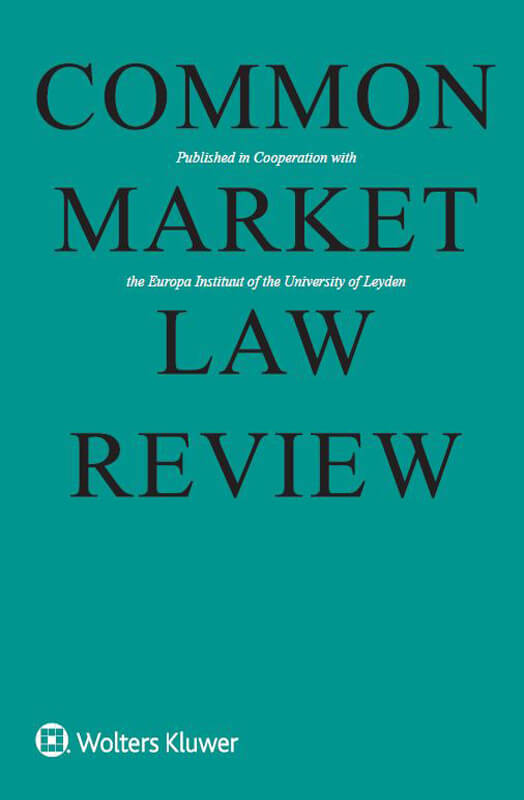Home > All journals > Common Market Law Review > 54(1) >

$25.00 - Rental (PDF) *
$49.00 - Article (PDF) *
Francisco Costa-Cabral, Orla Lynskey
Common Market Law Review
Volume 54, Issue 1 (2017) pp. 11 – 50
https://doi.org/10.54648/cola2017002
Abstract
Personal data is a valuable commodity in the digital economy, and companies compete to acquire and process this data. This rivalry is subject to the application of competition law. However, personal data also has a dignitary dimension which is protected through data protection law and EU Charter rights to data protection and privacy. This paper maps the relationship between these legal frameworks. It identifies the commonalities that facilitate their intersection, whilst acknowledging their distinct methods and aims. It argues that when the material scope of these legal frameworks overlap, competition law can incorporate data protection law as a normative yardstick when assessing non-price competition; data protection can thus act as an internal constraint on competition law. In addition, it advocates that following the Lisbon Treaty, data protection and other fundamental rights also exercise an external constraint on competition law and, in certain circumstances, can prevent or shape its application. As national and supranational regulators grapple with the challenge of facilitating a dynamic information economy that respects fundamental rights, recognition of these constraints would pave the way for a more coherent EU law approach to the digital society.
Extract
